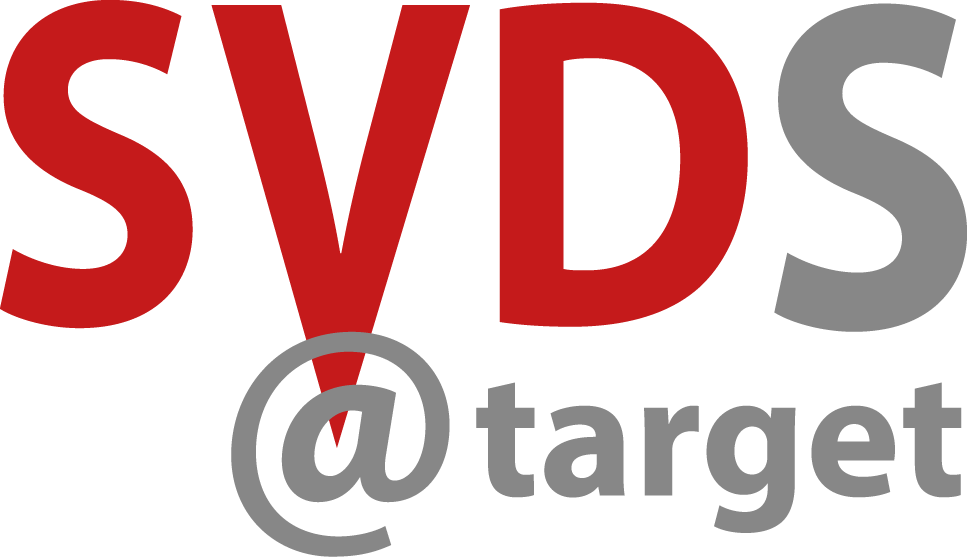Stroke and dementia rank among the most pressing health issues in Europe. Cerebral small vessel diseases (SVDs) have emerged as a central link between these two major co-morbidities. SVDs account for more than 30% of strokes and at least 40% of dementia cases. They encounter multiple distinct diseases that can be separated based on their underlying genetic defects, risk factors, and clinical presentations. Despite this profound impact on human health, there are no treatments with proven efficacy against SVDs. The network “Small vessel diseases in a mechanistic perspective: Targets for Intervention in Stroke and Dementia(SVDs@target)” brings together top scientists with a wide range of complementary expertise. We spoke with Danielle Kerkhofs, PhD candidate from the Maastricht University about this project and the latest developments.
SAFE: If you were to explain the project’s aim to a person without any medical background, what would you say?
DK: The SVDs@target project aims to elucidate underlying mechanisms of cerebral Small Vessel Disease (cSVD) and discover new treatment options for this disease. CSVD is an umbrella term used for different pathologies affecting the smallest vessels in the brain. It contributes to a quarter of all strokes and almost 45% of all dementia’s. With revealing the underlying mechanisms of the disease we hope to create possibilities to develop new treatments specific for CSVD.
SAFE: What types of partner do you need to carry out a project like this?
DK: The partners that we need for this project should have both clinical as pre-clinical research experience. To further reveal the underlying mechanism of the disease we need to start at a basic level, followed by clinical studies in patients. I think this balance between the pre-clinical and clinical research is one of the strengths of this project.
SAFE: Can you briefly describe your role in the project?
DK: I am working as a PhD student on this project at Maastricht University, participating both in pre-clinical as clinical studies. Our main research topic in Maastricht is to investigate the specific role of inflammation, and more specific different immune cell populations, in the development of cSVD. Further I participate in the clinical studies Investigate@SVDs and TREAT-SVDs.
SAFE: What personally attracted you to be in this project?
DK: What I really like in this project is the internationally collaboration between the different research groups and the focus on both preclinical as clinical work.
SAFE: When this project ends, what do you expect to change, i.e. how it will reflect on stroke treatment?
DK: This project will give us more insight in the mechanisms underlying the pathogenesis of cSVD. The acquired knowledge will hopefully make the next step possible were we can investigate more specific treatments that can reduce progression of the disease. Further this new knowledge can also provide us new chances for earlier detection of the disease.
SVDs@Target has received funding from the European Union’s Horizon 2020 research and innovation programme under grant agreement No. 666881.





